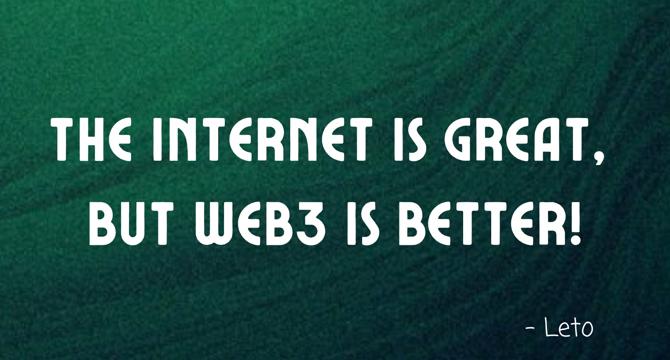Hackernoon
1w
391

Image Credit: Hackernoon
The Internet is Great, but Web3 is Better!
- In the scenario where the internet is lost forever, life may feel weird initially without the usual online activities, but eventually, people would adapt and lead happy lives.
- The evolution of the internet from Web 1.0 to Web 2.0 has shown a shift towards more centralized platforms controlled by corporations, leading to issues like data privacy concerns and censorship.
- Web3, the emerging concept, aims to bring back the autonomy and ownership that characterized the early days of the internet, with a focus on decentralization.
- Today's centralized internet has problems like centralized control, data privacy issues, digital censorship, and single points of failure, highlighting the need for decentralization.
- Decentralization in Web3 involves technologies like peer-to-peer networks, blockchains, distributed storage, and smart contracts to empower individual users and enhance security and privacy.
- The advantages of decentralization include true data ownership, enhanced privacy, censorship resistance, improved security, and greater resilience in the network.
- The challenges facing decentralization include performance issues, user experience gaps, and the difficulty in achieving the network effect, which centralized platforms currently benefit from.
- Hybrid models, progressive decentralization, improved developer tools, and education are strategies to overcome decentralization challenges and drive adoption.
- Leading projects like Ethereum, IPFS, and projects working on self-sovereign identity are actively building towards a decentralized future, with practical applications in finance, content distribution, and governance.
- The decentralized internet offers benefits like platform interoperability, enhanced user control, and true digital ownership, paving the way for a more equitable and user-centric online world.
Read Full Article
23 Likes
For uninterrupted reading, download the app